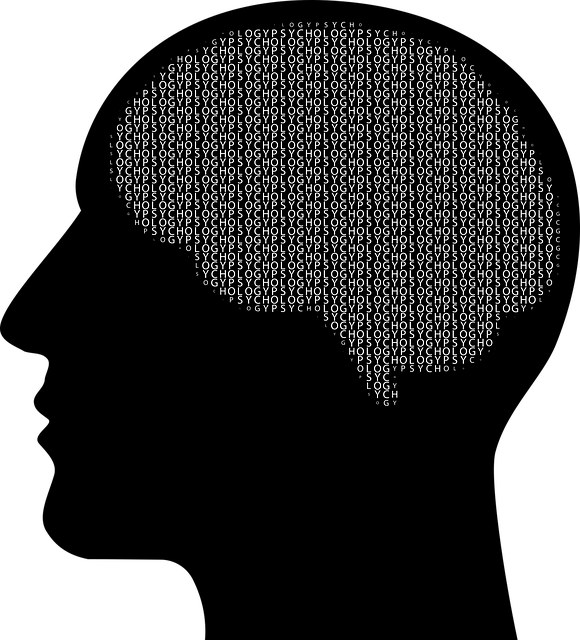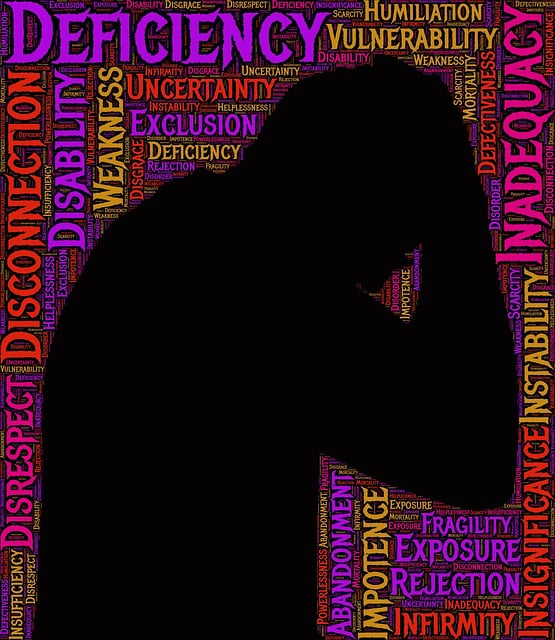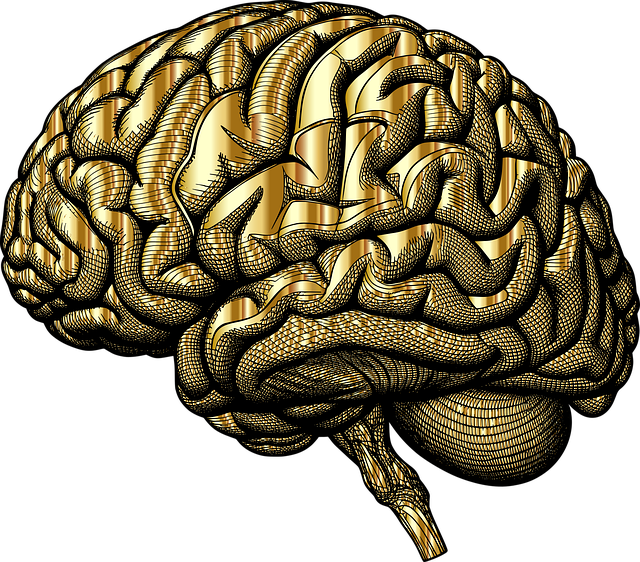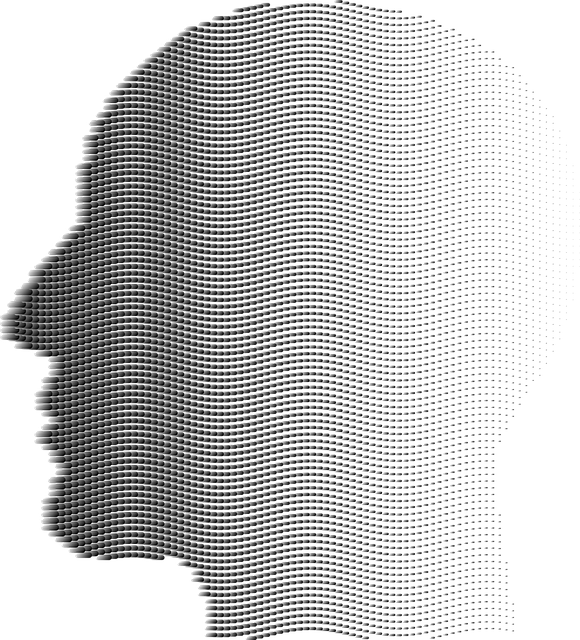In today's fast-paced world, specialized Lone Tree Gender Identity Therapy programs are crucial for addressing complex mental health challenges. Traditional methods often fall short in supporting diverse individual experiences. Tailored approaches like Social Skills Training and Community Outreach create safe spaces, foster belonging, and empower individuals to embrace their true selves. A comprehensive coaching curriculum should integrate stress management, emotional regulation, communication skills, and gender-specific therapies. Lone Tree Gender Identity Therapy leads the way with evidence-based practices, measurable outcomes, and continuous improvement, benefiting both clients and the community through holistic mental wellness enhancement.
In today’s fast-paced world, mental wellness coaching programs are more crucial than ever. This article explores the development of specialized programs tailored to address diverse needs, focusing on key areas such as understanding the need for these programs, designing comprehensive curricula, implementing effective gender identity support strategies, and measuring success. By examining these aspects, we aim to highlight innovative practices, including Lone Tree Gender Identity Therapy, that enhance mental wellness coaching for all individuals.
- Understanding the Need for Specialized Coaching Programs
- Designing a Comprehensive Mental Wellness Coach Curriculum
- Implementing Effective Strategies for Gender Identity Support
- Measuring Success and Continuously Improving the Program
Understanding the Need for Specialized Coaching Programs

In today’s fast-paced world, mental wellness is a paramount concern, especially for individuals navigating complex life challenges. Specialized coaching programs are becoming increasingly vital to address unique needs, such as those presented by Lone Tree Gender Identity Therapy. This therapeutic approach recognizes that every individual has distinct experiences and requires tailored support. Traditional one-size-fits-all methods often fall short in catering to the intricate emotional landscapes of diverse populations.
The need for specialized coaching arises from the recognition that mental health issues can manifest differently across various demographics. For example, Social Skills Training is particularly beneficial for those struggling with interpersonal interactions, while Community Outreach Program Implementation can empower individuals to access resources and build support networks. Emotional healing processes, when customized, offer profound relief and enable people to embrace their true selves, fostering a sense of belonging and overall well-being.
Designing a Comprehensive Mental Wellness Coach Curriculum

Designing a robust curriculum for mental wellness coaching programs involves integrating various therapeutic techniques and skills development. Coaches should be equipped to handle diverse client needs, including those related to gender identity therapy in a Lone Tree setting. The curriculum should encompass core modules on stress management and emotional regulation strategies, ensuring coaches can guide clients through mindfulness practices and cognitive reframing techniques.
Additionally, incorporating social skills training is vital for fostering supportive relationships with clients. This aspect of the curriculum prepares coaches to enhance communication, active listening, and empathy, which are essential for creating a safe space for clients to explore their mental wellness journeys. By combining evidence-based practices and practical training, a comprehensive program can equip mental wellness coaches to effectively support individuals in navigating life’s challenges and cultivating resilience.
Implementing Effective Strategies for Gender Identity Support

In the realm of mental wellness coaching programs development, addressing gender identity support is an essential component that requires careful consideration and effective strategies. Lone Tree Gender Identity Therapy serves as a beacon for fostering inclusive practices, ensuring individuals from diverse backgrounds receive tailored care. By integrating these therapeutic approaches, coaches can create a safe and supportive environment for clients exploring their gender identities. This involves enhancing communication strategies to encourage open dialogue, fostering empathy, and promoting understanding of the unique challenges faced by transgender and non-binary individuals.
The Mental Wellness Podcast Series Production can be a powerful tool to disseminate knowledge and raise awareness about gender identity issues. Through engaging content, coaches can educate listeners on various topics related to this subject. Additionally, focusing on mood management techniques within these programs enables clients to develop coping mechanisms, enhancing their overall mental wellness. By combining sensitive communication strategies with evidence-based practices, coaching initiatives can significantly contribute to the positive transformation of individuals’ lives.
Measuring Success and Continuously Improving the Program

Measuring success is a vital aspect of any mental wellness coaching program. At Lone Tree Gender Identity Therapy, we employ qualitative and quantitative methods to assess the impact of our initiatives. This includes pre-post assessments, client feedback forms, and regular check-ins to gauge progress. By tracking key performance indicators (KPIs), such as improved mood scores, enhanced coping mechanisms, and increased resilience, we can objectively evaluate the program’s effectiveness.
Continuous improvement is also a cornerstone of our approach. Using insights gathered from measurements, we adapt and refine our strategies. This involves incorporating new techniques based on client needs, integrating community outreach program implementations to broaden support networks, and fostering mental health awareness through tailored education sessions. Our goal is to build resilience not just in individuals but within the entire community, ensuring a holistic and sustainable improvement in mental wellness.
Mental wellness coaching programs, such as those that incorporate Lone Tree Gender Identity Therapy strategies, are essential tools for promoting holistic well-being. By understanding specific needs, designing comprehensive curriculums, and implementing effective support systems, we can foster meaningful change. Continuous measurement and improvement ensure these programs remain impactful, benefiting individuals on their journeys to mental health fluency. This structured approach, as highlighted in our discussion, is pivotal in creating inclusive environments that cater to diverse needs.














